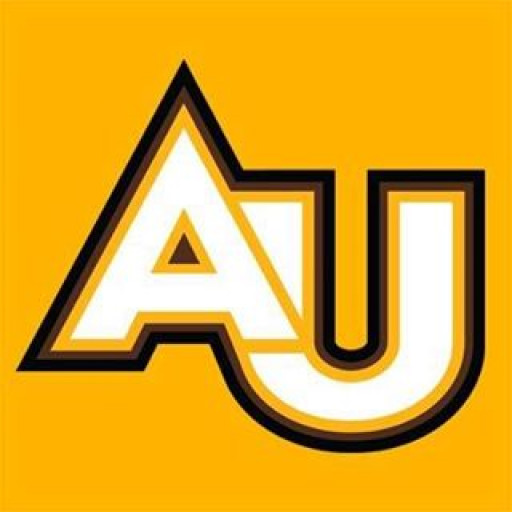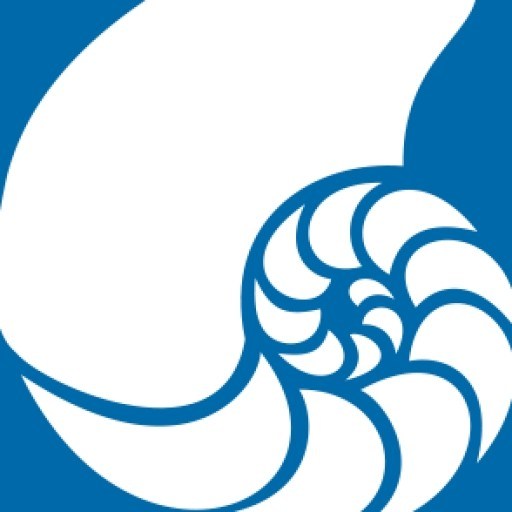Photos of university / #kansasstateuniversity
The Curriculum and Instruction master's degree program at Kansas State University is designed to prepare educators and professionals dedicated to enhancing teaching practices and advancing educational outcomes across diverse settings. This comprehensive program offers students an in-depth understanding of instructional strategies, curriculum development, assessment techniques, and educational leadership. The curriculum emphasizes both theoretical foundations and practical applications, enabling graduates to design effective learning experiences tailored to the needs of various student populations. Students will explore contemporary issues in education, including technology integration, inclusive education, and innovative pedagogical methods, ensuring they are equipped to meet the challenges of modern classrooms. The program provides flexibility through online and on-campus courses, allowing working professionals to pursue their degree while maintaining their current careers. Throughout their studies, students engage in research projects, practical teaching experiences, and collaborative learning environments that foster critical thinking, leadership skills, and reflective practice. Graduates of the program are prepared for roles such as curriculum specialists, instructional coordinators, educational consultants, and classroom teachers seeking to enhance their instructional expertise. The faculty comprises experienced educators and researchers committed to supporting student success through personalized mentoring and rigorous academic standards. With a focus on fostering lifelong learning and continuous improvement, the Curriculum and Instruction program at Kansas State University aims to develop educators who can positively impact educational systems and promote student achievement across kindergarten through higher education levels.
The Curriculum and Instruction master's program at Kansas State University is designed to prepare students for careers in education with a focus on effective teaching practices, curriculum development, and educational leadership. The program offers a comprehensive curriculum that blends theoretical foundations with practical applications, ensuring graduates are well-equipped to meet the diverse needs of learners in various educational settings. Students will engage in coursework that covers instructional strategies, assessment techniques, curriculum design, and educational technology, enabling them to create inclusive and innovative learning environments. The program also emphasizes research and data-driven decision-making, fostering a deep understanding of educational theories and their application to real-world problems. Through a combination of coursework, practical experiences, and research projects, students will develop the skills necessary to improve instructional effectiveness and contribute to the advancement of educational practices. The curriculum is tailored to accommodate both full-time students and working professionals, offering flexible scheduling options such as evening and online courses. Graduates of the program are prepared to pursue careers as classroom teachers, curriculum specialists, instructional coordinators, or education administrators. The program also provides pathways for career advancement and further scholarly pursuits, including doctoral studies. Faculty members are experts in their fields, committed to mentoring students and fostering a collaborative learning environment. Overall, the Curriculum and Instruction program at Kansas State University aims to cultivate innovative educators who are dedicated to improving student learning outcomes and advancing educational excellence across diverse contexts.
Program requirements for the Curriculum and Instruction graduate program at Kansas State University typically include completing a set of core coursework, specialized electives, a comprehensive exam or thesis, and other academic criteria. Students are generally expected to fulfill foundational courses in curriculum development, instructional strategies, and educational theory. Advanced courses may focus on areas such as literacy, technology integration, and inclusive education. A minimum number of credit hours must be completed, often around 30-36 semester hours, depending on the specialization and degree type (e.g., Master's or Ed.S.). Additionally, students are usually required to submit a portfolio demonstrating their mastery of curriculum design and instructional skills, which is assessed by faculty committees.
Practical experience is emphasized, with students often participating in supervised teaching internships or practicum placements in educational settings. For those pursuing research-oriented degrees, a thesis or research project is mandatory, involving proposal development, data collection, analysis, and a final defense before faculty examiners. Maintenance of a specified minimum GPA, often 3.0 on a 4.0 scale, is essential for progression and graduation. Some programs require comprehensive exams that assess understanding of curriculum theory, research methods, and application of instructional strategies. Candidates might also need to complete professional development workshops, attend seminars, and contribute to educational discussions through presentations or publications.
Furthermore, international students must meet English language proficiency requirements, typically demonstrated by TOEFL or IELTS scores. Graduate assistants or teaching assistants may have additional responsibilities, such as supporting faculty or leading discussion sections. Overall, program admission generally requires submitting transcripts, letters of recommendation, a statement of purpose, and relevant educational or professional experience. The curriculum is designed to prepare graduates for leadership roles in K-12, higher education, or educational organizations, emphasizing innovative teaching practices, curriculum design, assessment, and research literacy.
Note that specific program requirements may vary depending on the exact degree track (e.g., Master of Science, Education Specialist, or Certificate programs). For detailed and official information, prospective students should consult Kansas State University's Graduate School or the College of Education's official website.
The financing of the Curriculum and Instruction graduate program at Kansas State University is primarily structured through a combination of institutional support, scholarships, assistantships, and student loans. prospective students are encouraged to explore various funding opportunities available both through the university and external sources. In-state students may benefit from in-state tuition rates, which are typically lower than out-of-state tuition fees, providing a significant cost advantage. The university offers graduate assistantships, which provide a stipend and tuition waivers in exchange for teaching, research, or administrative duties. These assistantships are competitive and are awarded based on academic merit and departmental needs. Additionally, scholarships specifically targeting graduate students in education programs are available through departmental and university-level funding sources. Financial aid options also include federal and private student loans. Students are advised to complete the Free Application for Federal Student Aid (FAFSA) early to be considered for these loan programs. The university’s bursar’s office provides detailed information on tuition payment schedules, fee structures, and financial planning resources. Some students may explore external funding through federal programs such as the TEACH Grant or by seeking scholarships and grants offered by educational foundations and organizations dedicated to promoting education careers. Kansas State University also hosts informational sessions and workshops periodically to guide students through the financial planning process and assistance in securing funding. It is recommended that graduate students maintain continuous communication with the university’s financial aid office to stay updated on new funding opportunities and deadlines. Overall, the financing of the Curriculum and Instruction program involves multiple support channels, emphasizing affordability and access for qualified students committed to advancing their careers in education.
The Curriculum and Instruction program at Kansas State University is designed to prepare future educators and professionals dedicated to improving teaching and learning processes. This program emphasizes research-based instructional strategies, curriculum development, assessment techniques, and the integration of technology into educational settings. Students gain a comprehensive understanding of educational theories, pedagogical methods, and cultural considerations essential for effective teaching at various levels, from elementary to secondary education. The curriculum is structured to include coursework that covers classroom management, instructional design, and educational leadership, providing a balanced blend of theoretical knowledge and practical application.
The program offers both master's and doctoral degrees, enabling students to tailor their studies to their professional goals. Graduate students in this program are encouraged to engage in research projects, internships, and collaborative teaching experiences that promote hands-on learning. Faculty members are experienced educators and researchers committed to fostering innovation in education. Kansas State University’s emphasis on diversity, equity, and inclusion permeates the curriculum, ensuring that graduates are prepared to serve diverse student populations and to contribute to equitable educational practices.
The program also emphasizes the use of technology in the classroom, preparing students to integrate digital tools and online resources into their instructional methods effectively. Opportunities for specialization or concentration are available, allowing students to focus on areas such as special education, curriculum design, or educational technology. Graduates of the Curriculum and Instruction program are well-equipped to pursue careers in teaching, curriculum development, educational consulting, administration, and policy-making. They are also prepared to continue their academic journey with doctoral studies or specialized certifications, contributing to the advancement of education and lifelong learning in various contexts.






